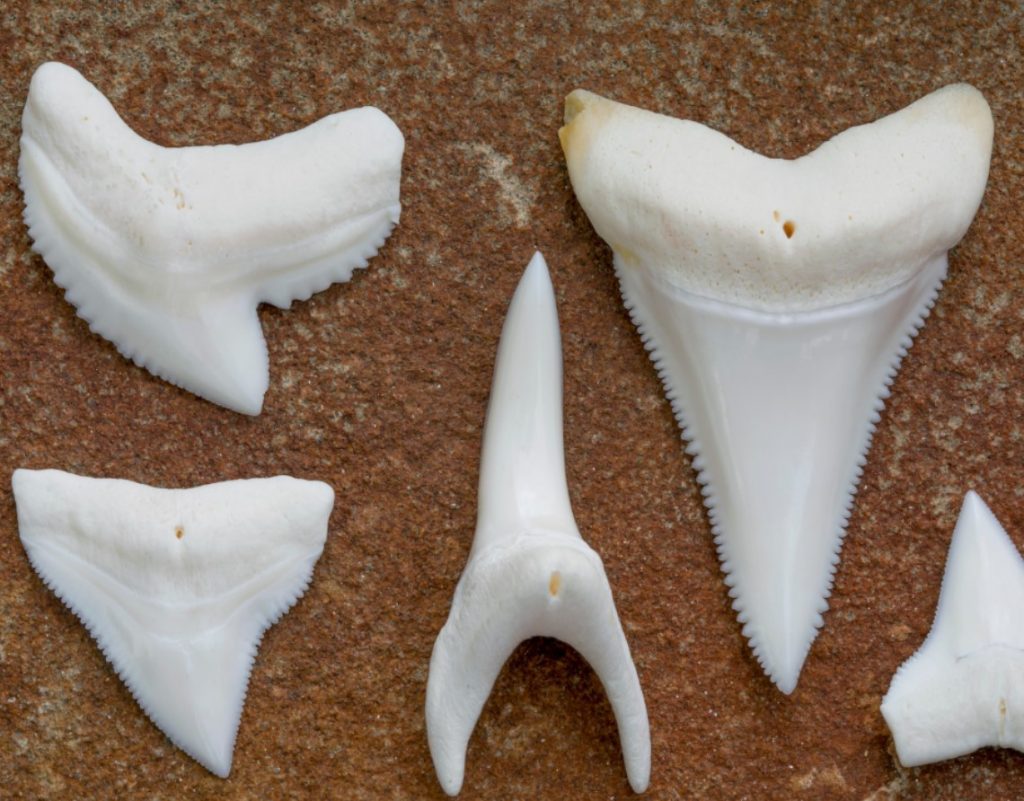For coastal developing countries, fishing for a range of species is often important for the livelihood, culture, and health of the human population. However, in many regions, catches are diminishing and the sizes of captured fishes is decreasing. Collecting data from fisheries can allow researchers to identify and address problems to ensure the continued health of fish populations and the communities that rely upon them.
Fishing operations in many tropical countries are generally on a small scale, often conducted from small vessels in areas that are easily accessible from shore. However, the use of destructive gears, such as nets and longlines, can have a negative influence on fish populations and endanger the success of future fisheries. Sharks are especially vulnerable to being caught by nets and longlines and are often targeted by fishers.
A better understanding of the fisheries, fishing effort, and landings coupled with trade flows will help to identify whether these fisheries are sustainable and meet international convention requirements. At present, there are no sustainable shark and ray fisheries known in tropical countries.
MarAlliance is working with numerous partners to characterize the scope of elasmobranch fisheries and associated markets and trade flows. Resulting information is being fed back into management strategies at local, national and regional levels such as MPA management plans, species-specific management, National Plans of Action (NPOA), listing species on the Convention for Migratory Species (CMS), and Convention on the International Trade in Endangered Species of Fauna and Flora (CITES) non-detriment findings (NDFs).



